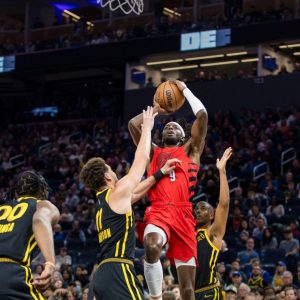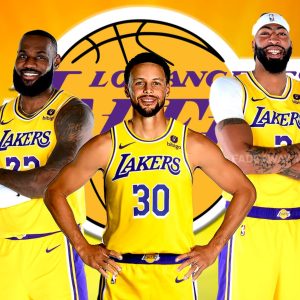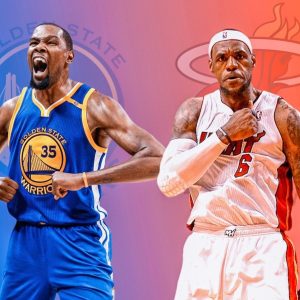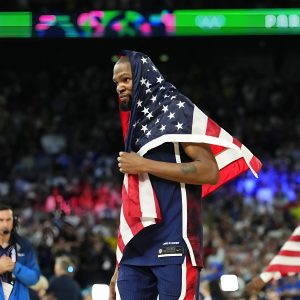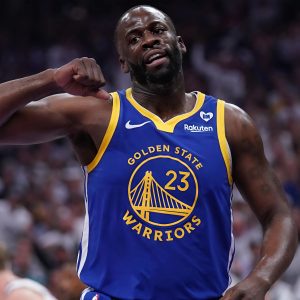The Oklahoma City Thunder and Minnesota Timberwolves are not sticking to the script long followed by most teams relatively new to the playoffs. The big stage is not swallowing either of these teams. They’re coming at the league, certainly the West, with their entire chests.
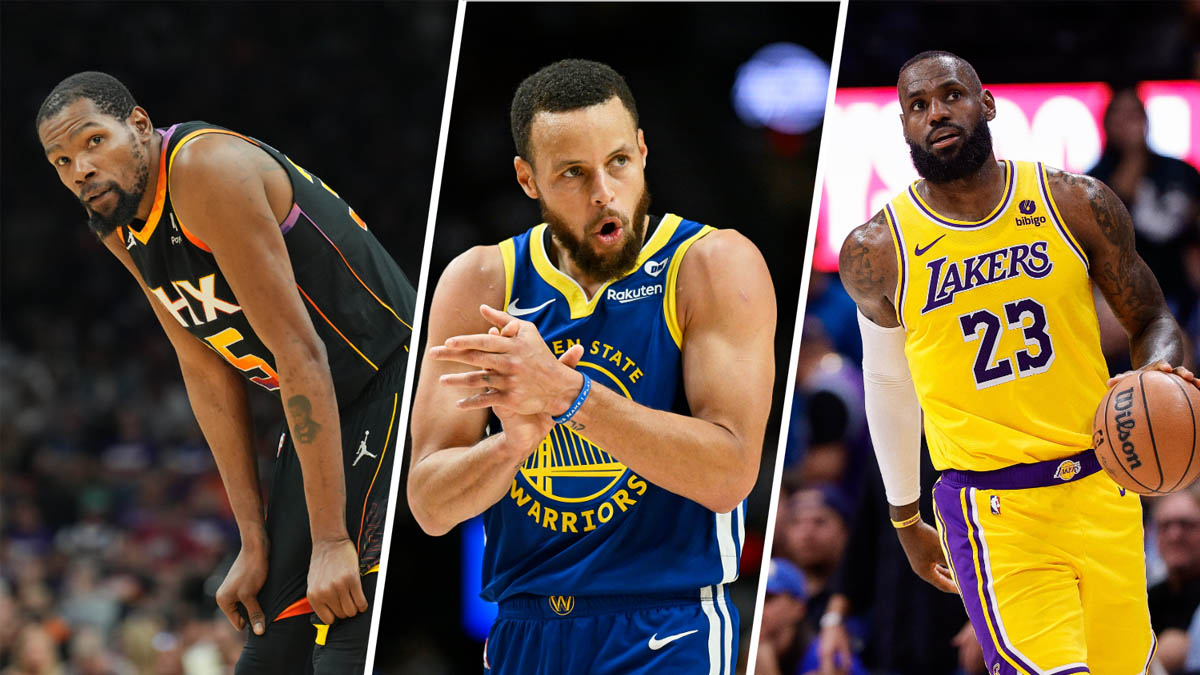
They are not deer in the headlights but precocious moose charging at tents occupied by the more experienced Warriors, Clippers, Lakers and Suns.
Not sure about the last three, but the Warriors, as of two weeks ago, weren’t sure where they lived.
“We’re closer to the top than we are the bottom, even though we finished 10th in the standings,” general manager Mike Dunleavy said two days before the playoffs began. “That’s kind of the way I see it.
“But that can change. Next year will be tough. The teams that didn’t make the playoffs this year you’re looking on outside in with Houston, Memphis, San Antonio, I don’t see a way for those teams to get worse, they’re only going to get better.”
Though Dunleavy’s expression of confidence clashes with his subsequent expression of appropriate caution, there is no reason to doubt the sincerity of his beliefs. Reality is hazy when viewed while squinting.
The haze is clearer after the Thunder and Timberwolves swept through the first round of the playoffs and into the conference semifinals. OKC earned the No. 1 seed in the West and third-seeded Minnesota finished only one game back.
These relative upstarts are authenticating a trend that emerged in the regular season. The Warriors, watching from afar, might utter a few profanities, but the logical conclusion is that their 0-4 record against Minnesota and their 1-3 record against OKC were mere warning shots.
“In this modern NBA the game is played so fast, and we got to be able to play that way,” Dunleavy said. “We struggled this year in transition, both ways. Defensively, couldn’t get back, which is a speed/athleticism/effort thing. Then, going the other way, we didn’t create a lot of turnovers and were unable to get out in transition . . .. We got to solve that, we got to be better both ways in transition.”
The proposed reshaping of Golden State’s roster to better compete with these two squads – as well as the defending champion Denver Nuggets – is as tough an undertaking as any since Joe Lacob and Peter Guber and Friends bought the team almost 14 years ago.
The Warriors’ needs are many, and Dunleavy understood this even before the playoffs.
“This is an organization, a team that when we’ve been really good and won championships, it’s been mostly with defense,” he said. “And then you got some great exciting offensive moments that everybody thinks about. But it’s really the defense that’s been the core of the thing. So, improving defensively within, getting better defensive players, and then from there.
“Steph and Draymond and Klay, as those guys age, shooting is important. It’s important to have guys that can shoot around them. Addressing that will always be a thing. And then, honestly, size. Size, not necessarily at the center position but positional size across the board. That has been a strong point of the teams here, whether it’s shooting guard, wings, small forwards, whatever it is, (Golden State) always had good size and length.”
The Warriors hoping to ace the incredibly difficult project of getting scrappier and bigger and more athletic, with better shooting, while simultaneously shrinking the payroll. Lacob and Dunleavy like having options, so they’ll never embrace the draconian restrictions that come with rising above the second apron.
With the Warriors firmly committed to stretching the Stephen Curry prime until it snaps, all internal signs and whispers around the league point to them making a big push to assemble a roster that would address their immediate needs rather than their long-range prospects.
In this scenario, a Kevin Durant or even a LeBron James would have greater value than, say, a Chet Holmgren or a Jaden Ivey.
“If you’ve got a team that you feel can contend for a championship, you do what it takes financially,” Dunleavy said. “So, we’ll look at everything, we’ll balance it out. It’s hard to say right now in terms of like what it’s going to look like and all that, because this is April, and this stuff goes into June and July.
“But you know how Joe is with his willingness to spend and compete. I don’t think there will be any restrictions, but we’ll also be prudent.”
The assignment is titanic. Even before the first round is complete, these playoffs are sounding alarms too loud to be ignored and powerful enough to rattle nerves within Chase Center.
